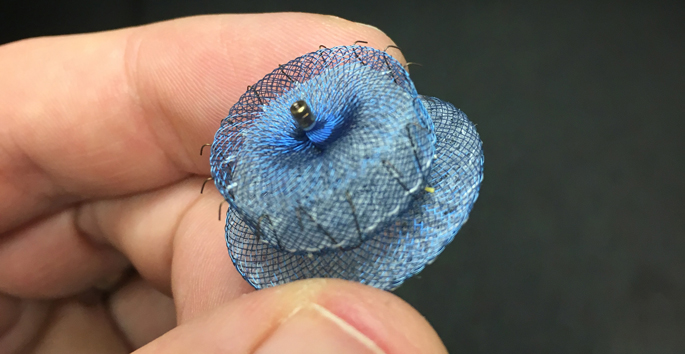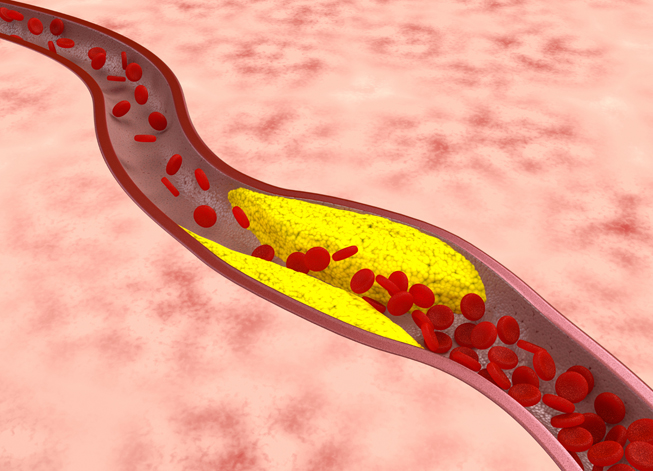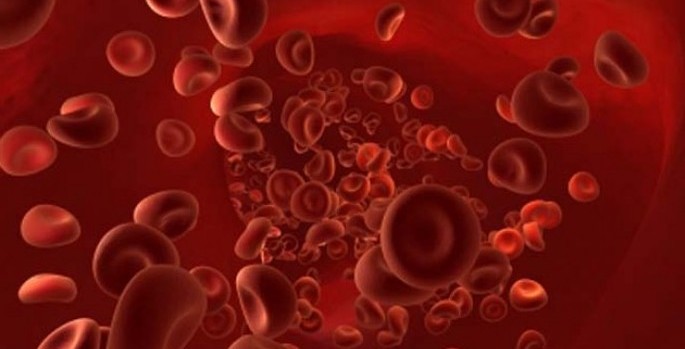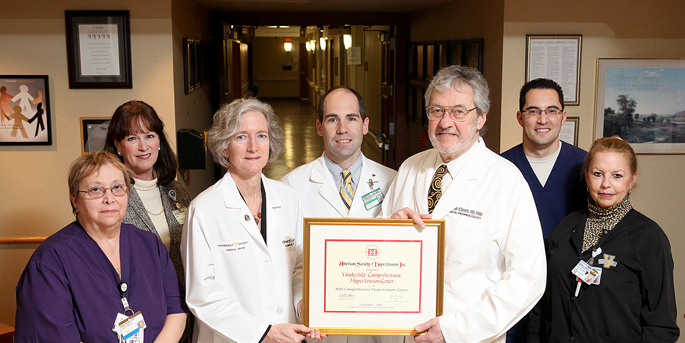Stroke
-

Study finds pixaban (Eliquis) is preferable to rivaroxaban (Xarelto) for stroke prevention, reduced bleeding complications
There is strong evidence that the medication apixaban (Eliquis) is preferable to rivaroxaban (Xarelto) for stoke prevention in patients with atrial fibrillation (AF), with both reduced rates of severe bleeding complications as well as strokes, according to study published Dec. 21 in JAMA. Read MoreDec 21, 2021
-

New strategy to treat brain bleeding
Vasorelaxing peptides could offer a promising therapeutic strategy for reducing the neurological deficits caused by subarachnoid hemorrhage-induced cerebral blood vessel constriction. Read MoreMay 4, 2021
-

AI-based tech to improve stroke outcomes
Two prototype devices could refine thrombectomy through sensory augmentation. Read MoreOct 14, 2020
-

Spasticity underdiagnosed
Spasticity — a consequence of stroke and other disorders of the central nervous system — may be underdiagnosed and undertreated in nursing home residents. Read MoreApr 8, 2020
-

Time window extended for some stroke surgeries
New research indicates the time window for a thrombectomy following a stroke is longer than previously thought, but how soon the surgery occurs still matters. Read MoreMar 1, 2018
-

Team’s rapid response saves new mother following stroke
Quick actions saved a new mother from any disabilities after she suffered a postpartum stroke last week in the Neonatal Intensive Care Unit at Monroe Carell Jr. Children’s Hospital at Vanderbilt. Read MoreMar 16, 2017
-

VUMC testing device to reduce stroke risk in arrhythmia patients
Vanderbilt University Medical Center (VUMC) is the first in the state to enroll patients in a clinical trial testing the effectiveness of the newest implantable device used to reduce stroke risk in patients with non-valvular atrial fibrillation (AF), the most common form of arrhythmia. Read MoreFeb 9, 2017
-

Clinical trial seeks to extend stroke treatment time window
The Vanderbilt Stroke Center will participate in a national clinical trial to investigate whether thrombectomies can benefit stroke patients when performed beyond the currently recommended window of time for intervention. Read MoreDec 8, 2016
-

Device helps curb atrial fibrillation patients’ stroke risk
Peggy Tubb doesn’t recall her exact reaction when she was told she could stop taking blood thinners to treat atrial fibrillation (AF), but the news changed her life. Read MoreAug 25, 2016
-

VUMC provides ‘Elite-Plus’ stroke response
Vanderbilt University Medical Center’s rapid response in treating stroke patients has received the American Stroke Association’s Honor Roll-Elite Plus recognition. Read MoreJun 9, 2016
-

Study finds menthol cigarettes do not further increase smokers’ cardiovascular disease, stroke risk
Smoking is deleterious to health, but smokers who prefer menthol cigarettes to nonmenthol can breathe a sigh of relief…for now. Read MoreMay 17, 2016
-

VUMC teleneurology network sees growth in partner hospitals
In less than three years, a teleneurology network launched by Vanderbilt University Medical Center (VUMC) has expanded from one partner hospital to nine. Read MoreMay 12, 2016
-

Study shows effectiveness of pediatric stroke protocol
A system to ensure that children with stroke-like symptoms receive emergency evaluations results in faster diagnosis and treatment for patients with the condition, a team of physicians and researchers at Monroe Carell Jr. Children’s Hospital at Vanderbilt has shown. Read MoreJul 23, 2015
-

Vanderbilt Heart offers alternative to blood thinners for atrial fibrillation
Vanderbilt Heart and Vascular Institute now offers patients with atrial fibrillation (AF) an alternative treatment to reduce their risk of stroke, potentially avoiding the long-term use of blood thinners such as warfarin. Read MoreJun 17, 2015
-

Target for atherosclerosis therapies
A newly identified “atheroprotective” gene is a tool for exploring plaque pathophysiology and may be a good target for therapies to slow atherosclerosis progression. Read MoreDec 17, 2014
-

Transfusions ease strokes for children with sickle cell
Vanderbilt-led research found regular blood transfusion therapy significantly reduces the recurrence of strokes in children with sickle cell anemia who have previously had "silent" strokes. Read MoreAug 21, 2014
-

AHA grant creates coalition to prevent heart disease, stroke
Vanderbilt University Medical Center is one of four institutions that are part of a new research network aimed at preventing heart disease and stroke, the two leading causes of death in the world. Read MoreJul 10, 2014
-

Teleneurology services at Williamson Medical Center see success
A new telemedicine partnership between Vanderbilt University Medical Center (VUMC) and Williamson Medical Center (WMC) is allowing more patients with acute neurological conditions to stay in their community. Eight VUMC neurologists are on call 24 hours a day to provide remote consultations for patients at WMC with urgent neurological conditions,… Read MoreJun 19, 2014
-

New suite bolsters stroke treatment efforts
A new advanced stroke treatment suite debuts this month at Vanderbilt University Medical Center, offering better care for patients with blood circulation problems in the head and neck, such as stroke and aneurysm. Read MoreMar 13, 2014
-

Vanderbilt Hypertension Clinic receives national comprehension designation
Hypertension Clinic members include, from left, Sandy Berryhill, LPN, Lynn Christman, Cheryl Laffer, M.D., Matt Luther, M.D., Fernando Elijovich, M.D., Robert Manning, R.N., and Karen Gore, R.N. (Not pictured: Nancy Brown, M.D., Barb Dotson, R.N., and Mena Mangrum, LPN. The American Society of Hypertension (ASH) has… Read MoreJan 29, 2014